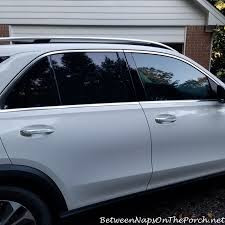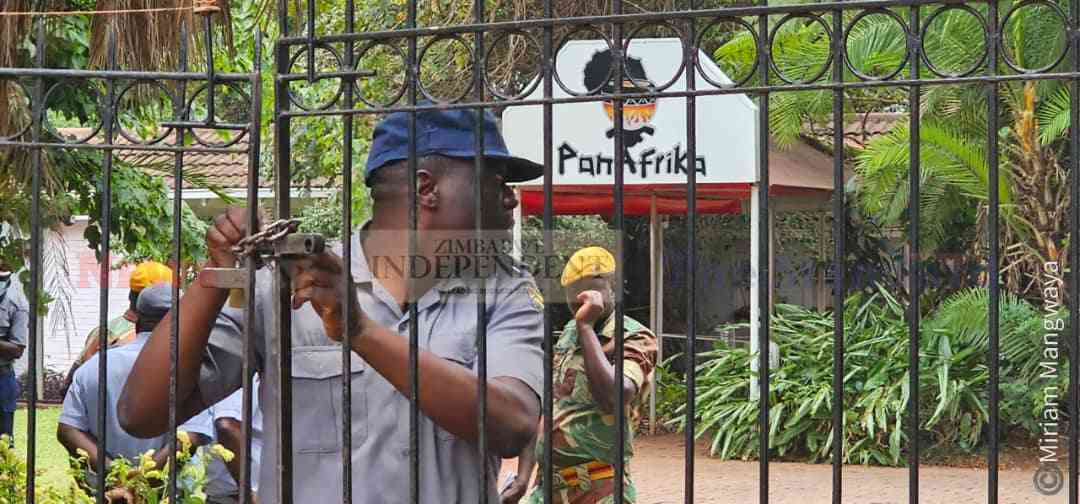
ON Tuesday, Presidential Affairs and Devolution permanent secretary Tafadzwa Muguti announced a sweeping ban on tinted windows on private and public vehicles.
His reasoning was blunt: tinted vehicle windows conceal drug abuse, violent crimes and even sexual assaults such as the recent horrific case in which a Grade 7 pupil was raped inside a commuter omnibus with obscured windows.
To him, vehicles with tinted windows are now hideouts of drug dealers, violent thugs and rapists.
“Remove them immediately,” Muguti declared, “or the police will do it for you, or your vehicle will be impounded.”
Only government VIPs, security vehicles and cars with manufacturer-installed shading were to be exempted.
But before the ink on his decree had even dried, Presidential spokesperson George Charamba dismissed the directive altogether, writing on X (formerly Twitter) that there was “no basis in fact or law” for Muguti’s order.
So, in the blink of an eye, Muguti’s tough talk was downgraded from policy to comedy.
A ban that was meant to protect citizens turned out to be nothing more than tinted hot air.
- 52 000 illegal homes in Harare
- ChiTown goes for 6 months without mayor
- Teachers hits back at Zanu PF
- Ema to collect Harare waste
Keep Reading
Even if the ban had stood, it would have been yet another example of Zimbabwe’s selective application of the law.
Indeed, it would have been a bad joke.
Why exempt government VIPs and security convoys, the very vehicles ordinary citizens often complain about?
Why create one law for “them” and another for “us”?
The unequal treatment smacks of double standards that have long defined governance in this country.
But the issue runs deeper than cars.
Zimbabweans are tired of living under a tinted economy — an economy shaded by secrecy, selective rules and the opacity of privilege.
Ordinary citizens are told to comply, while the elite is exempted.
The poor are told to strip off their tint, while the powerful hide behind theirs.
Transparency is demanded of the poor, but never of the powerful.
If government is serious about the ban, it should start with the dark windows that conceal corruption, patronage and abuse of office.
Remove the tint from procurement deals.
Remove the tint from tender processes.
Remove the tint from unexplained wealth.
Ban the tint on the economy, not just on kombis.
If Muguti’s crusade had any merit, it should have started at Treasury, Zupco, fuel tenders and diamond fields — because those are the places where the darkest tint suffocates public safety and prosperity.
Until then, any talk of tinted windows being a threat to public safety remains a non-event — and yet another reminder that in Zimbabwe, laws are made for the powerless, while the powerful remain untouchable.
Until the State removes the tint from its dealings, Zimbabweans will keep living in the shadows of selective the law, where rules apply only to the powerless and privilege is always factory-fitted.
After all, in Zimbabwe, it’s never about banning the tint on cars — it’s about protecting the tint on power.






